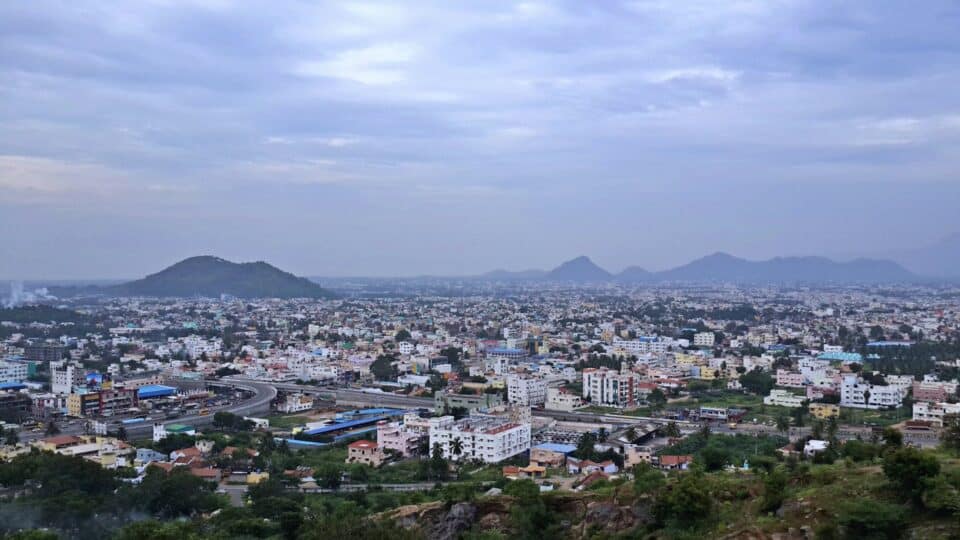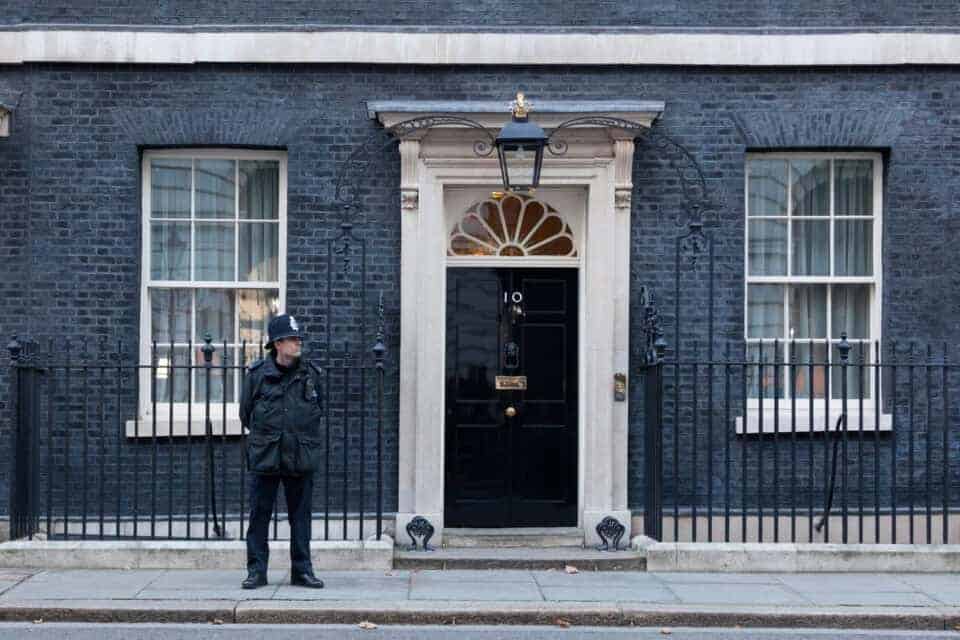The UK’s Minister of Immigration Mark Harper this week announced changes in fees for immigration and nationality applications, including short- and long-term student visas. The fee incline is slight, and not significant when compared with the health levy likely to be ushered in next year, or service standards, according to stakeholders.
Increases to the price of both the Extended Student Visit Visa (ESVV) and the Tier 4 student visa are 4%; however an increase of over 30% for visa applications for dependents results in further burdens for some international students considering the UK.
Many spoke out against rising fee costs, concerned with the price of visa fees in comparison with competitor countries
Charges for out-of-country applicants to the ESVV, used mostly for courses up to six and 11 months, have increased from £144 to £150 while the cost for an overseas application for a Tier 4 Student visa for students studying at further or higher education institutions has risen from £298 to £310.
In-country Tier 4 applications will rise from £406 to £422 while Tier 4 dependents applying within the UK will be required to pay £422, up from £305 on last year.
“Increases in visa fees seem to come round as predictably as Christmas,” noted Dominic Scott, CEO of UK Council for International Student Affairs. “They are of course unfortunate and an extra 4% for students will not be good news, but all this may seem modest when compared to next year’s charges which will include, if no change of heart, the levy for health service use which for some will double these charges.”
At English UK, outgoing Chief Executive, Tony Millns, commented, “We’d like to make the point that what counts is the overall service and its costs in relation to the likelihood of getting a visa, rather than a marginal price increase.”
Sector stakeholders were given the opportunity to comment on the proposed fees at the end of last year in a three-week consultation period. Representatives of the education sector made up the majority of respondents, followed by members of the travel and tourism and business sectors.
Many spoke out against rising fee costs, particularly concerned with the price of student visa fees and visit visa fees in comparison with competitor countries, and the fact that raising fees would decrease the UK‟s attractiveness as a place to work, study and visit.
In his statement, Harper said the Home Office sought to reduce the contribution made by UK taxpayers towards delivering the immigration system while still limiting most increases to 4%.
“The Home Office has given careful consideration to its fee levels, to ensure they provide the funding necessary to operate effective immigration controls and invest in improving service levels to customers,” he said.
“This is balanced against the need to ensure that the UK continues to attract and welcome the ‘brightest and best’ migrants from around the world and those that make a valued contribution to British society.”










